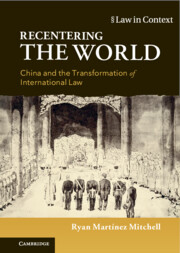Köprülü Fazıl Ahmed Pasha's tenure as grand vizier from 1661 to 1676 stands as a seminal period in Ottoman history, and Fazıl Ahmed Pasha was a pivotal figure. This article draws upon the largely-overlooked dispatches written by Giovanni Battista Casanova, the imperial resident at the Sublime Porte. Through an analysis of Casanova's observations, this study offers fresh perspectives on the grand vizirate and of Fazıl Ahmed Pasha's enduring legacy within the Ottoman Empire. Following a brief introduction on Fazıl Ahmed Pasha's rise to power, the article's analysis unfolds across four dimensions: first, interactions between grand vizier Fazıl Ahmed and Sultan Mehmed IV; second, the closest associates of the grand vizier; third, Casanova's communication with the grand vizier; and fourth, Casanova's extensive negotiations for the release of prisoners of war.
At the core of this analysis is the argument that the communications between Casanova and Köprülü Fazıl Ahmed Pasha reveal not only the complexities of Ottoman affairs but also the strategic foundation of Ottoman military campaigns and diplomacy during this period. Through an examination of Casanova's dispatches, this article elucidates how the resident's interactions with the Ottoman court offer insights into the Ottoman Empire's strategies vis-à-vis European powers, as well as its reforms. By revisiting Fazıl Ahmed Pasha's legacy through the eyes of a contemporaneous observer, this study contributes a nuanced perspective to the understanding of Ottoman history and governance during the seventeenth century.


